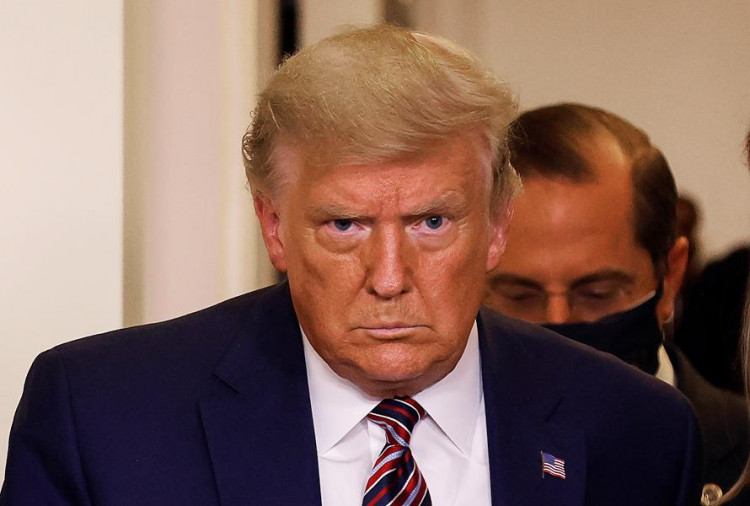In a landmark decision, the U.S. Court of Appeals for the District of Columbia Circuit has ruled that former President Donald Trump is not immune from facing civil lawsuits regarding the events of January 6, 2021. This judgment opens the door for Capitol Police officers and members of Congress present during the Capitol riot to pursue civil damages against Trump.
Chief Judge Sri Srinivasan authored the decision, clarifying that the scope of a President's official-act immunity does not extend to actions like those alleged against Trump on January 6. "When he acts outside the functions of his office, he does not continue to enjoy immunity... When he acts in an unofficial, private capacity, he is subject to civil suits like any private citizen," Srinivasan explained.
The court's decision specifically addressed Trump's role in the lead-up to the Capitol riot, including his speech on that day. It distinguished between Trump's actions as a candidate for reelection and those as a sitting President, noting that campaign efforts do not qualify as official presidential acts. "A first-term President opting to seek a second term...is not an official presidential act," Srinivasan stated.
Trump had argued for his immunity by claiming that his speech and actions around January 6 were inherently official functions. However, the court rejected this rationale, with Judge Greg Katsas concurring, and Judge Judith Rogers concurring in part. The decision was unanimous among the three-judge panel.
This ruling has far-reaching implications for several civil lawsuits filed against Trump. The complaints hinge on a federal law prohibiting conspiracies to prevent someone from holding federal office, with plaintiffs alleging that Trump's actions on January 6 were part of such a conspiracy.
The court's decision emphasizes that even a sitting President's campaign-related activities, such as attending political fundraisers or speaking at campaign rallies, do not grant immunity from civil lawsuits. The court's opinion differentiates between a President's campaign speech and the official actions of the presidency.
Steven Cheung, a spokesman for Trump's reelection campaign, called the decision "limited, narrow, and procedural," maintaining that Trump was acting on behalf of the American people. Meanwhile, lawyers representing the plaintiffs welcomed the decision. "This is the right result and an important step forward in holding former President Trump accountable for the insurrection on January 6," said Matt Kaiser, representing Democratic Rep. Eric Swalwell.
The ruling allows these civil lawsuits to progress, potentially leading to a deeper exploration of Trump's role in the January 6 events. This development marks a significant turn in ongoing efforts to seek accountability for the Capitol riot.






